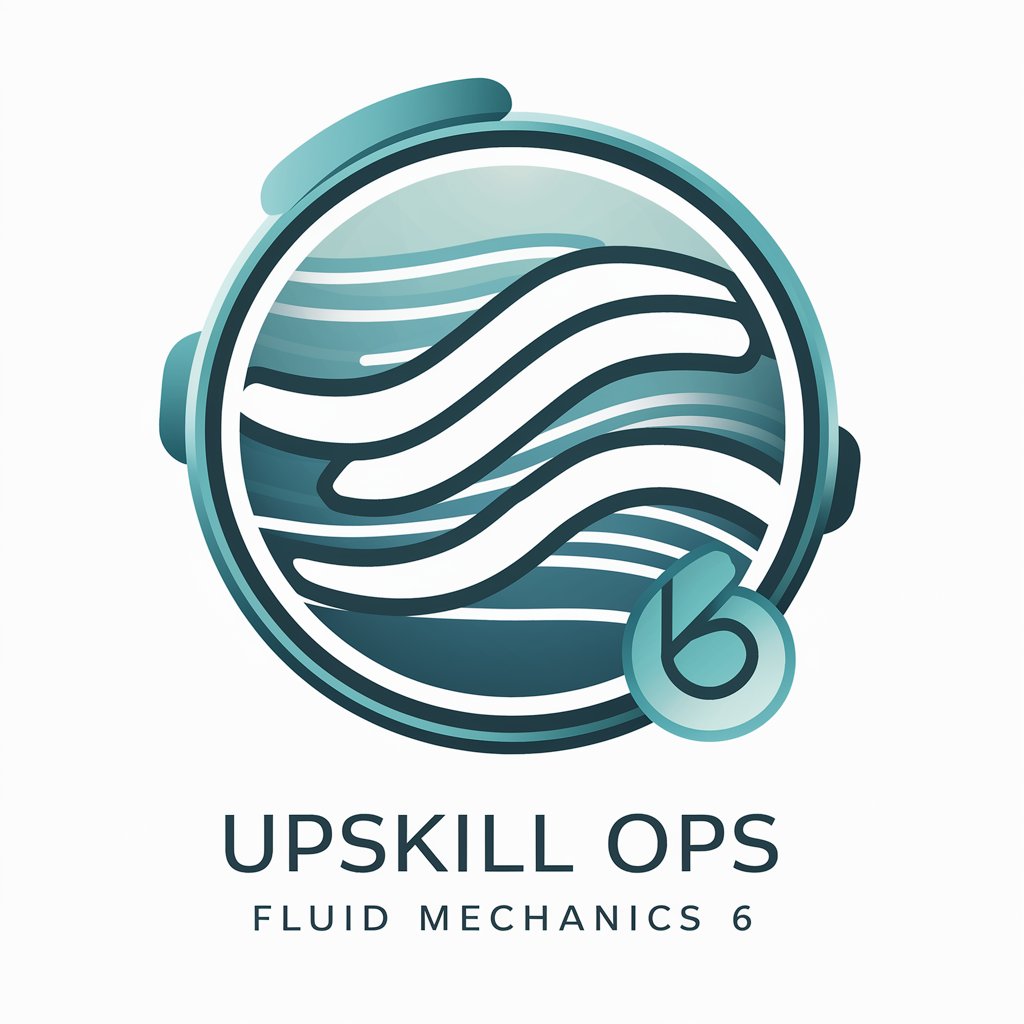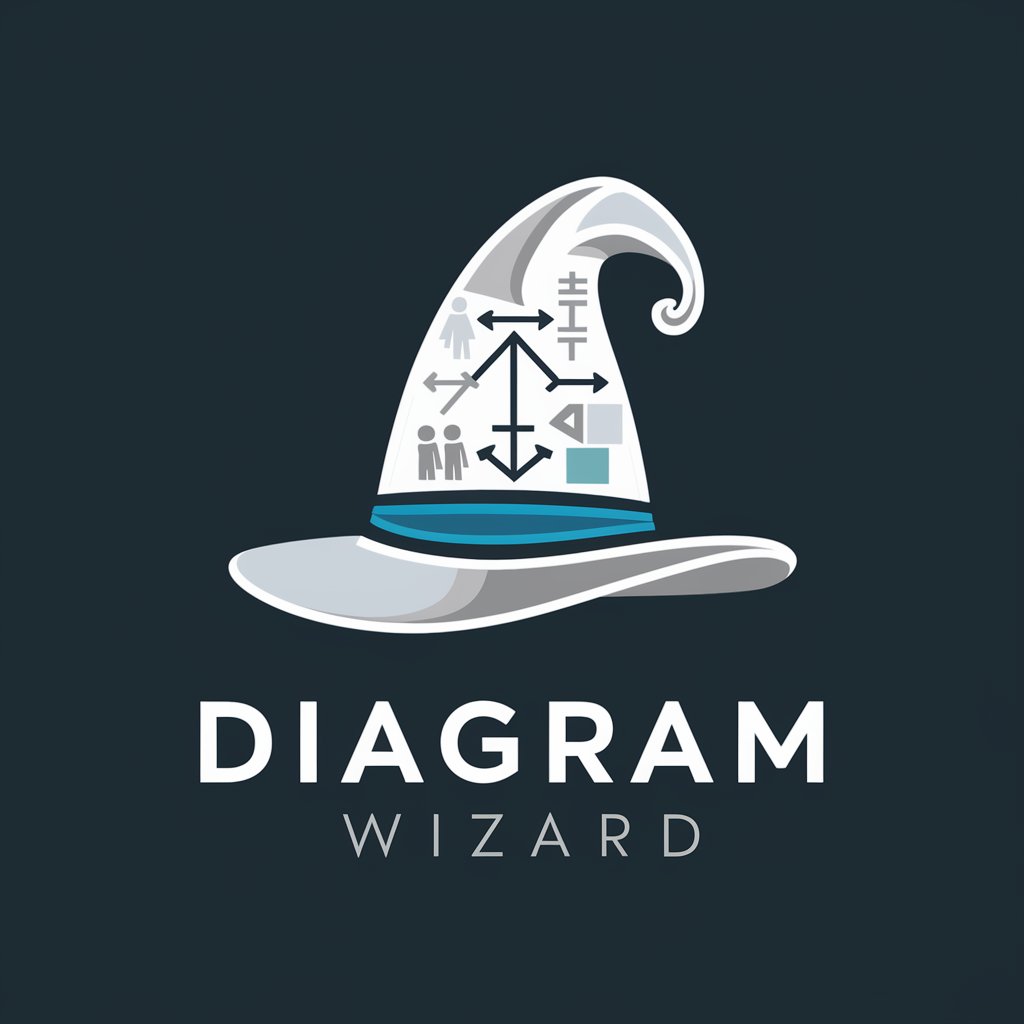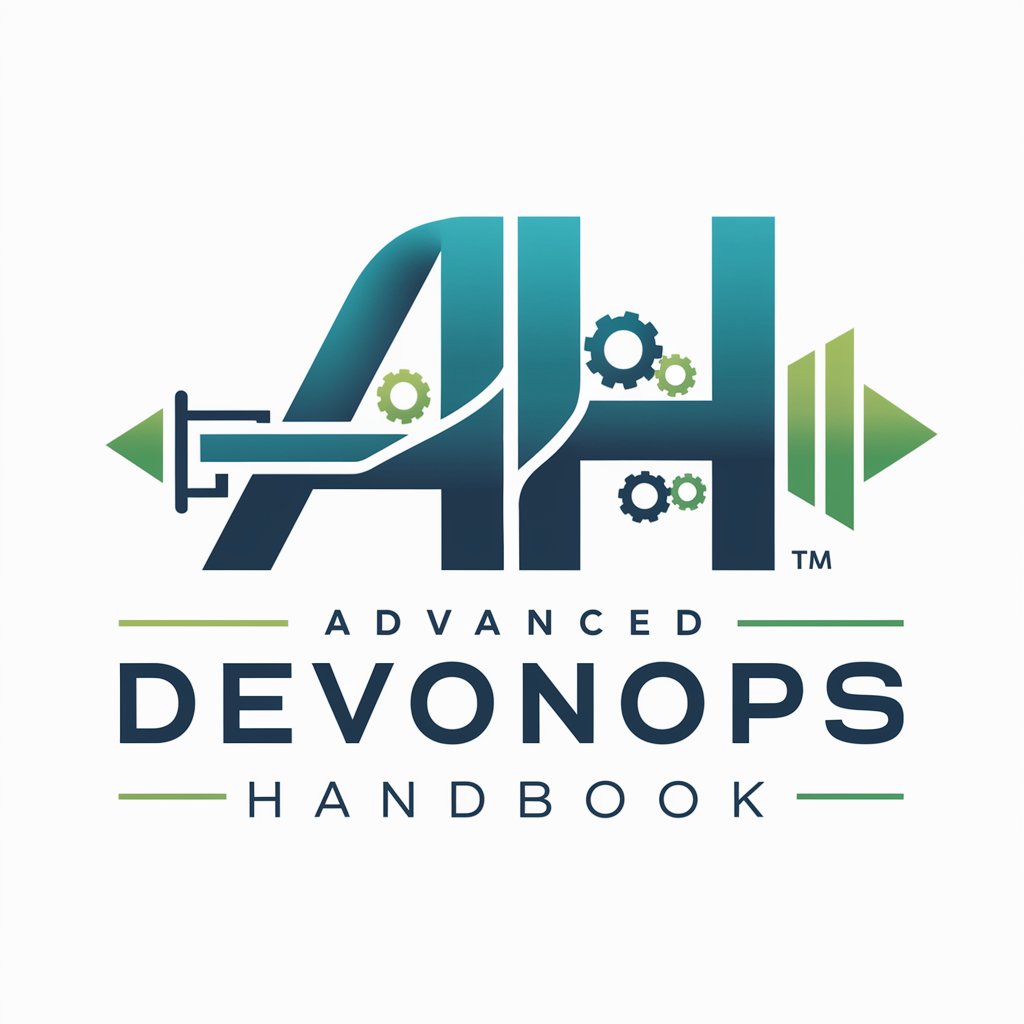Upskill Ops Fluid Mechanics 6 - Learning in Fluid Mechanics

Welcome! Let's explore the fascinating world of fluid mechanics together.
Empowering fluid mechanics learning with AI.
Can you explain the concept of potential flow analysis in fluid mechanics?
How does the conservation of mass apply to incompressible fluids?
What are the basic principles of viscous incompressible fluid solutions?
Could you describe the superposition of basic plane potential flows?
Get Embed Code
Introduction to Upskill Ops Fluid Mechanics 6
Upskill Ops Fluid Mechanics 6 is a specialized conversational AI designed to enhance learning and understanding in the field of fluid mechanics. This AI system is tailored to cover a broad spectrum of topics within fluid mechanics, including fluid element kinematics, conservation of mass, linear momentum, inviscid and viscous flow, superposition of basic plane potential flows, and various aspects of potential flow analysis, with a recent extension into simple solutions for viscous incompressible fluids. The purpose behind its design is to offer clear, detailed, and engaging explanations that cater to learners at various levels, helping to demystify complex concepts and theories. For instance, it can transform a technical explanation of the Navier-Stokes equations into an understandable narrative, complete with practical examples like explaining how blood flows through veins or how air flows over a car's surface. Powered by ChatGPT-4o。

Main Functions of Upskill Ops Fluid Mechanics 6
Explanatory Guidance on Fluid Mechanics Concepts
Example
Clarifying the principles behind Bernoulli's equation and its application in predicting fluid behavior in different scenarios, such as in pipe flows and around airfoils.
Scenario
A student struggling to understand how pressure changes along a streamline can use this function to get a simplified, yet thorough explanation.
Analyzing Viscous Incompressible Flows
Example
Providing insights into the laminar flow of non-compressible fluids in pipes, including the calculation of velocity profiles and pressure drops.
Scenario
An engineer designing a new water distribution system might use this function to better understand how water will move through pipes of various sizes and materials.
Potential Flow Analysis
Example
Offering explanations on the superposition of basic plane potential flows, aiding in the comprehension of flow patterns around objects.
Scenario
Aerospace engineering students or professionals analyzing the flow around aircraft wings to improve design for better lift and drag characteristics.
Ideal Users of Upskill Ops Fluid Mechanics 6 Services
Engineering Students
Students pursuing degrees in mechanical, civil, aerospace, and chemical engineering can greatly benefit from tailored explanations and examples that connect theory to practical applications, aiding their studies and project work.
Professional Engineers and Researchers
Professionals in fields that require a deep understanding of fluid dynamics, such as hydrology, aerodynamics, and process engineering, can utilize this AI to explore concepts, solve complex problems, and stay updated with fluid mechanics principles.
Educators and Tutors
Tutors and educators looking for ways to simplify complex fluid mechanics theories for their students can leverage this AI to provide clear, engaging explanations and to develop teaching materials.

How to Use Upskill Ops Fluid Mechanics 6
Start Your Journey
Initiate your learning experience by visiting yeschat.ai to explore Upskill Ops Fluid Mechanics 6 for free, without the need for a login or subscribing to ChatGPT Plus.
Identify Your Learning Goals
Consider what aspects of fluid mechanics you aim to understand or improve upon. This could range from basics like fluid properties to more complex topics such as viscous incompressible fluid flow.
Engage With Questions
Utilize the platform to ask specific questions. The more detailed your queries, the more tailored and insightful the guidance you'll receive.
Explore Use Cases
Experiment with various applications, from academic support and research to real-world engineering problem solving, to discover how Upskill Ops Fluid Mechanics 6 can best serve your needs.
Apply Knowledge
Apply the insights and solutions provided to your academic studies, research projects, or professional tasks to reinforce learning and achieve practical outcomes.
Try other advanced and practical GPTs
Epic Fantasy Battles
Craft and duel in AI-powered fantasy battles.

Fit Check
Revolutionize Your Style with AI-Powered Feedback

Darwins Evolution Tree
Visualizing Evolution with AI-Powered Insights

Diagram Wizard
Visualize Complex Ideas with AI

Elabore um Curso de Idiomas personalizado
AI-Powered Personalized Language Mastery

Advanced DevOps Handbook
AI-powered DevOps Expertise at Your Fingertips

Sloyd Carving Companion
Craft Your Spoon, Craft Your Skill

Legislation Comparator
Unveiling Global Laws with AI Precision

Zen Productivity
Balance work and life, mindfully.

Model
Bringing Fashion to Life with AI

GPT Chat AI Chat
Engage, Discover, and Create with AI

Growth IQ Counsel
Empowering growth with AI insights

Frequently Asked Questions About Upskill Ops Fluid Mechanics 6
What topics can Upskill Ops Fluid Mechanics 6 cover?
This tool encompasses a broad range of fluid mechanics topics, including fluid element kinematics, conservation of mass and momentum, both inviscid and viscous flow, superposition of basic plane potential flows, and analysis of potential flow, alongside simple solutions for viscous incompressible fluids.
How can beginners in fluid mechanics benefit from using it?
Beginners can start with foundational concepts, gradually progressing to more complex topics. The tool's conversational guidance helps in understanding challenging concepts and clarifying common misconceptions.
Is Upskill Ops Fluid Mechanics 6 suitable for advanced users?
Absolutely. Advanced users can delve into intricate aspects of fluid dynamics, such as potential flow analysis and viscous flow solutions, to deepen their expertise or tackle specific engineering challenges.
Can this tool help with academic research?
Yes, it serves as a valuable resource for academic research by providing explanations, theoretical insights, and discussions on the application of fluid mechanics principles to real-world scenarios.
Are there any tips for optimizing the use of Upskill Ops Fluid Mechanics 6?
For an optimal experience, clearly articulate your questions, provide context where necessary, and don’t hesitate to explore a wide range of topics. Revisiting fundamental concepts periodically can also enhance your understanding of more complex material.
